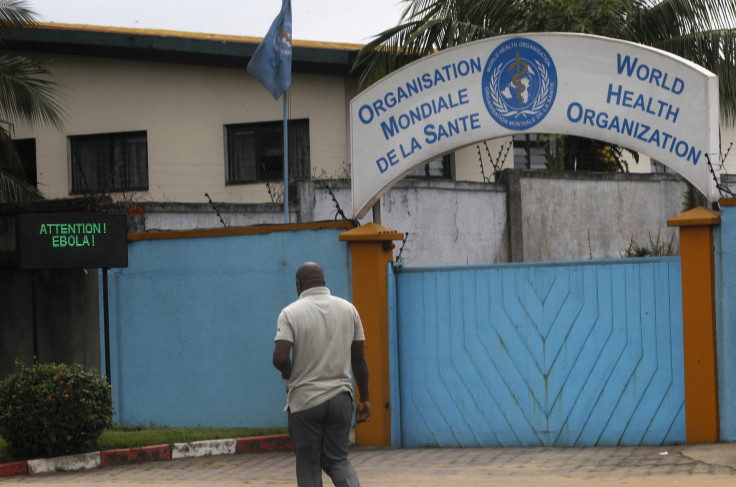WHO Not Sure When Ebola Outbreak May End; Current Combat Plan Suggests It May Last Well Into 2015

Early Friday morning, the World Health Organization met to draft a plan to combat Ebola in West Africa. The plan describes a combat strategy for the next six to nine months, leading many believe that WHO predicts the outbreak to last well into 2015. According to the organization’s spokeswoman, WHO is unable to accurately predict any end date and are preparing for the unexpected.
WHO is “working on an Ebola road map document,” explained WHO spokeswoman Fadela Chaib at a recent news briefing, Reuters reported. “It’s really an operational document how to fight Ebola.” Chaib informed the media that, as of now, the strategy plan extends into the early months of 2015, a time frame that has many alarmed. When questioned whether or not the public can realistically expect the outbreak to carry on into next year, Chaib answered: “Frankly no one knows when this outbreak of Ebola will end.”
The World Health Organization declares an outbreak when the number of disease cases exceeds what would “normally be expected in a defined community, geographical area, or season.” On the low end of the scale, an outbreak will last only a few days or weeks, but in extreme cases, they have been known to continue for several years.
For an outbreak to be officially announced as “over”, two back-to-back incubations must pass without any confirmed cases. The incubation period for Ebola is relatively low, with most people showing symptoms within days of exposure. The longest observed incubation period lasted three weeks, Reuters reported. That means that 43 days must pass without a case of the virus before WHO can announce the end of the outbreak. With four countries currently afflicted by the outbreak, and new cases reported nearly every day, it’s evident that the situation is far from over. Chaib further explained that the current plan is just a draft adding, “We will certainly revisit when we have new developments.”
Yesterday, American missionary doctor Kent Brantly spoke for the first time in a live press conference since recovering from the virus. He expressed hope that the international coverage of his sickness had attracted attention "to the plight of West Africa in the midst of this epidemic.” Many are eager to credit Brantly’s recovery, as well as the recovery of his colleague Nancy Writebol, to the use of the ZMAPP serum, an unapproved experimental treatment. However the pair’s doctor, Dr. Bruce Ribner, explained at the press conference that it was too soon to confirm the drug’s effectiveness, adding, “They are the very first individuals to have received this treatment and frankly we do not know," US News reported. WHO has not yet released details of its relief strategy, so it's currently unknown if it will include the use of any experimental drugs.



























